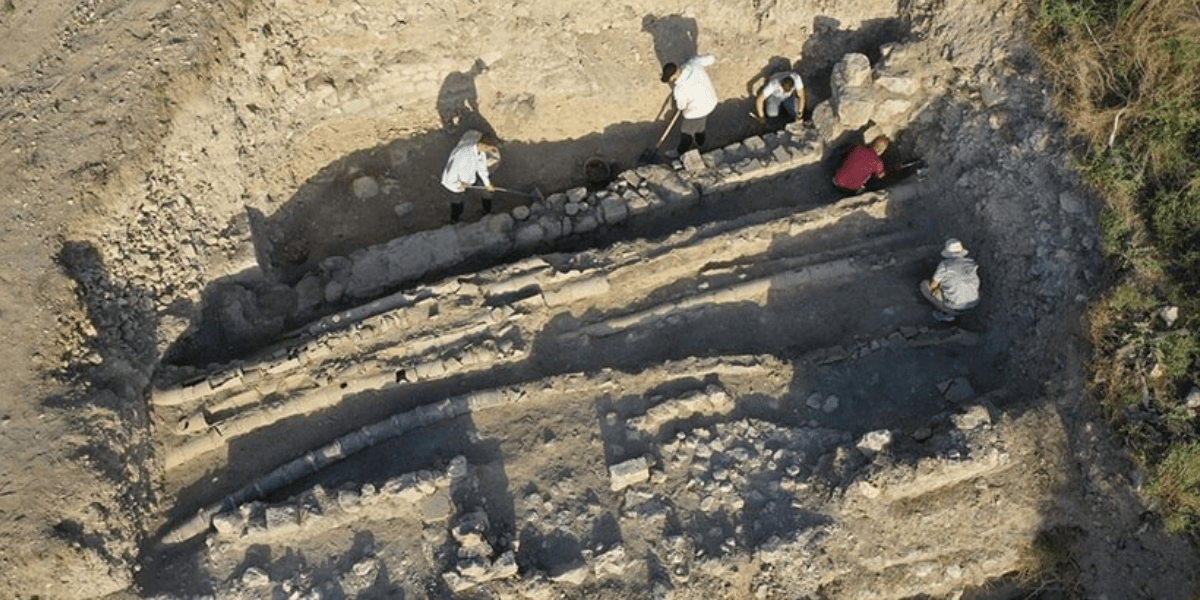
Twelve pipes that supplied water to the ancient city of Antiocheia have been uncovered from the Late Roman Period
In the ongoing rescue excavations at the ancient city of Antiocheia, located in Hatay province in southern Türkiye, twelve pipes from the Late Roman Period that supplied water to the city have been uncovered. Hatay is the province that suffered the most damage from the two major earthquakes in 2023, which resulted in the deaths
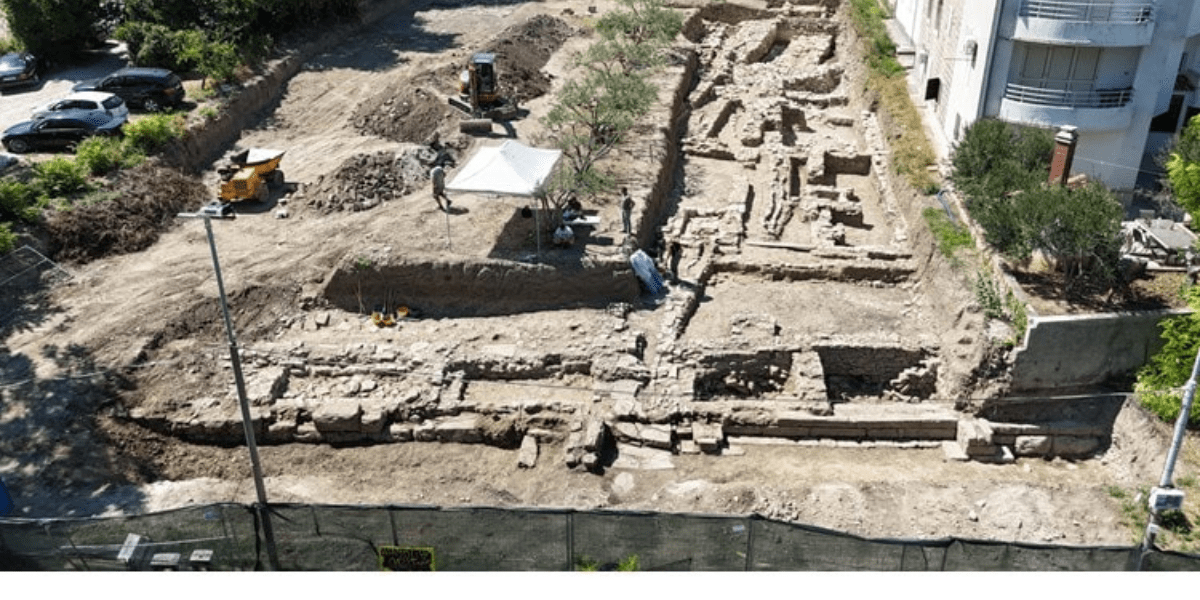
A 3,500-year-old settlement has been discovered in Croatia
Archaeologists have uncovered the remains of a 3,500-year-old settlement in the center of the Croatian Dalmatian village of Stobreč. Stobreč is a quaint village near Split, about 250 miles south of the Croatian capital Zagreb. The find includes a well-preserved monumental Greek fortification or defensive wall 230 meters long, as well as structures from various

Surface surveys have begun to locate the battlefield where the Anatolian Seljuks and the Crusaders clashed
The Turkish army, commanded by the Anatolian Seljuk Sultan I. Kılıçarslan, fought against a Crusader army of 300,000 in the triangle of Amasya, Konya, and Ereğli in 1101. The battlefield, which witnessed intense clashes where the Turks defeated the Crusader army three times within a month, will be uncovered through scientific research. Surface surveys are
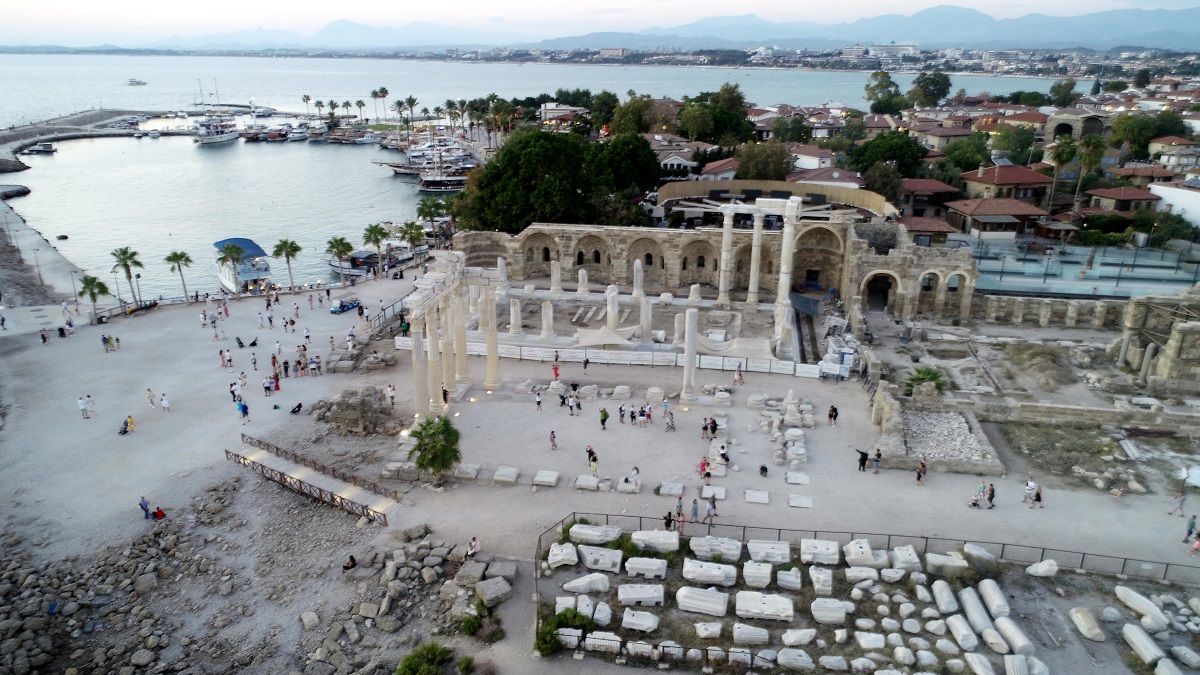
The Temple of Athena has been restored in Side, the most important port city of Pamphylia
In Side, one of the most important settlements in the Pamphylia region during the 7th century BC, the remains of 20 historical columns from the Athena Temple, located next to the Temple of Apollo, were restored last year, bringing them back to life after centuries. Side was a significant port city engaged in maritime trade
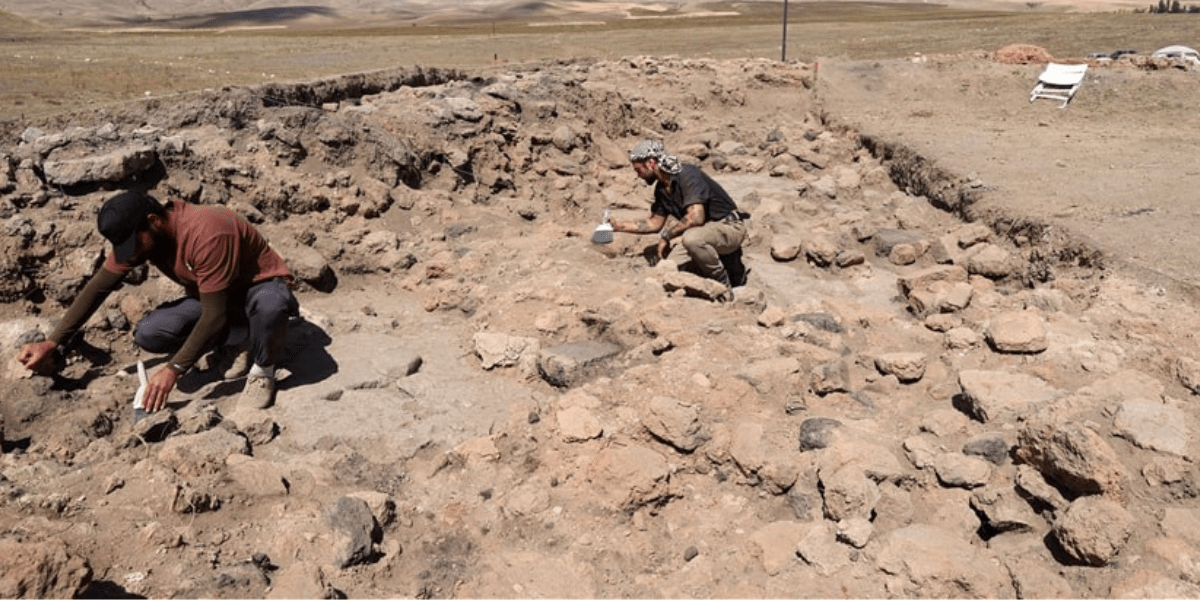
The history of the Hittite city of Šamuḫa has been traced back to the Paleolithic Era
Šamuḫa, known as an important center for the Hittites both religiously and militarily, is an ancient Hittite city located in Kayalıpınar, approximately 40 km west of Sivas within the borders of modern-day Türkiye. Situated on the northern bank of the Kızılırmak River, Šamuḫa served as a syncretic religious center for the Hittites. The excavation season,
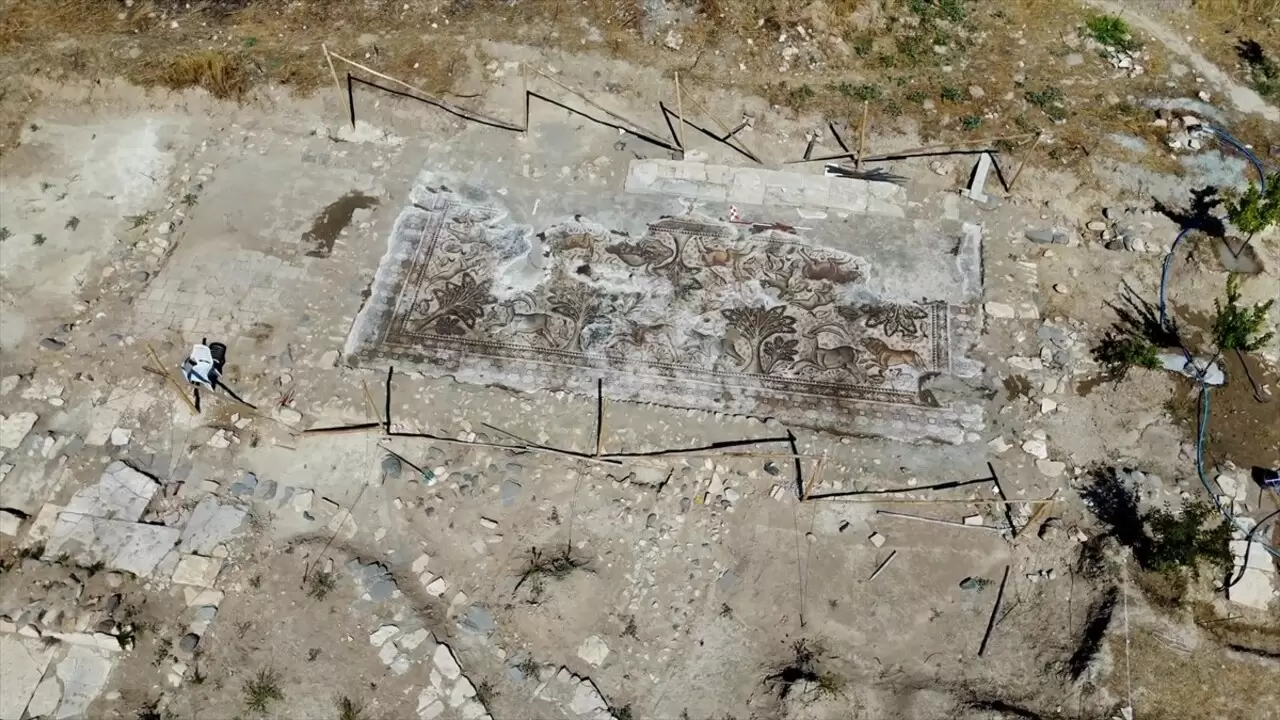
A floor mosaic thought to be from the Roman period, which the field owner found by chance while planting saplings, came to light
The work on a floor mosaic, thought to belong to the Roman or Early Byzantine period, which a farmer in Elazığ found by chance while planting seedlings in the field he bought in 2023, has come to an end. Mehmet Emin Sualp, the owner of the field, said, “We bought this land for 120 thousand
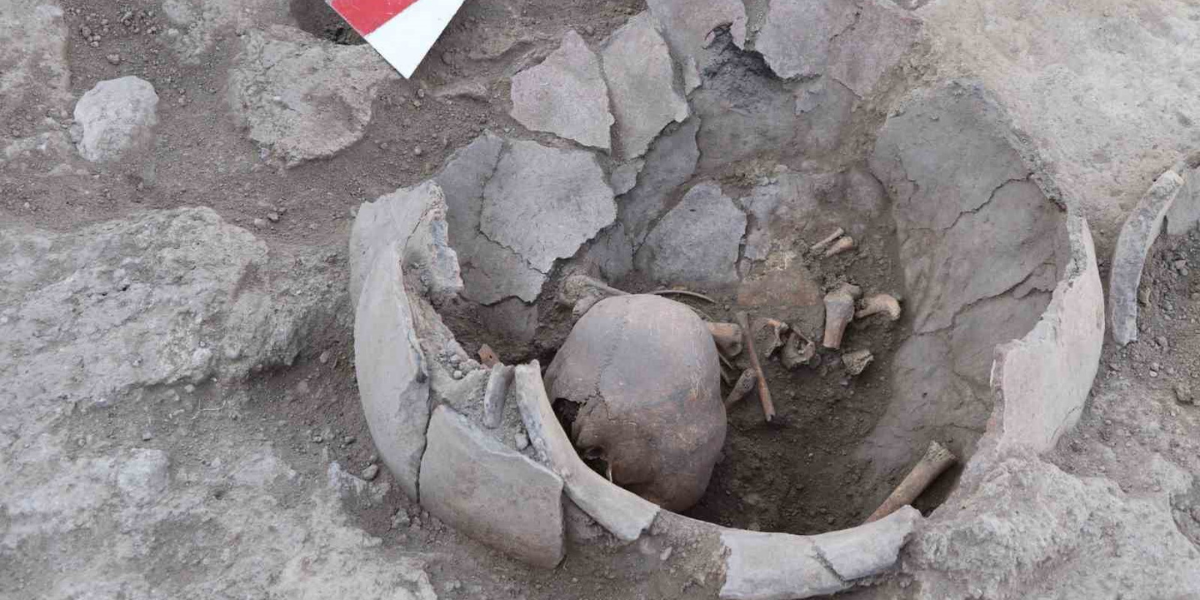
6,000-year-old shaped child skull found at Yassıhöyük
6,000-year-old shaped child skull found in Yassıhöyük, where layers from the 2,600-year-old Achaemenid period were found. Yassıhöyük is located in the Tanır neighborhood in the Afşin district of Kahramanmaraş. Prehistoric period layers were identified during the excavations carried out by the team led by Ahi Evran University Assistant Professor Elif Baştürk. Nine graves were unearthed
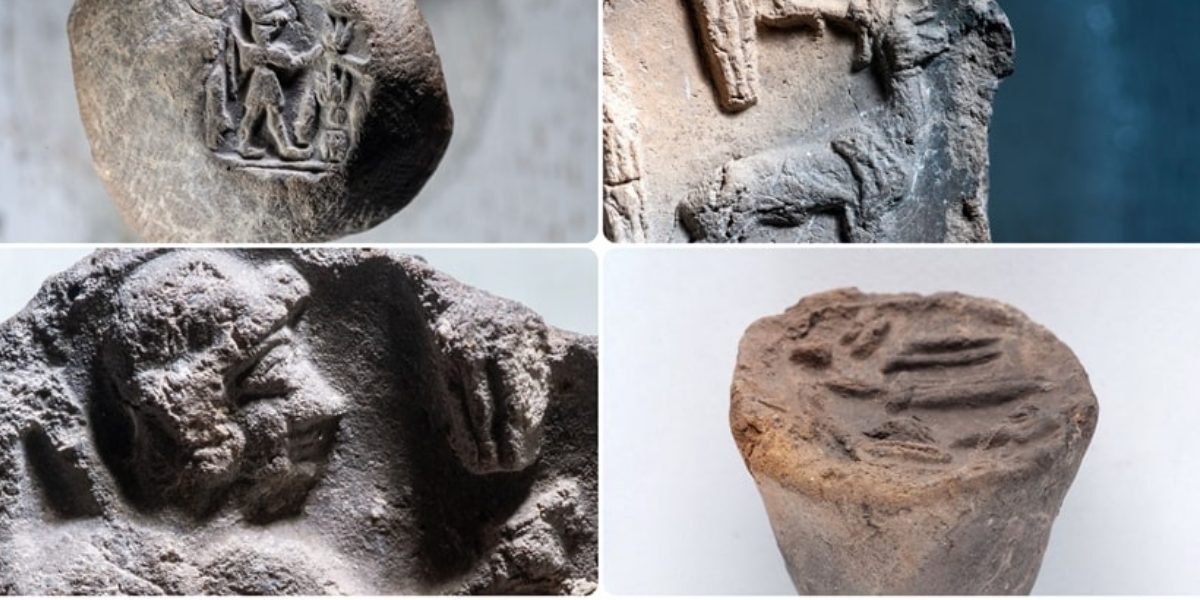
More than 50 seals belonging to members of the royal family found in the Hittite city of Šamuḫa
More than 50 seal impressions belonging to members of the royal family, including princes, scribes and local temple lords, have been unearthed in the Hittite city of Šamuḫa, now known as the village of Kayalipinar, about 40 kilometers west of Sivas province in Türkiye. Šamuḫa was one of the most important centers of the Hittite
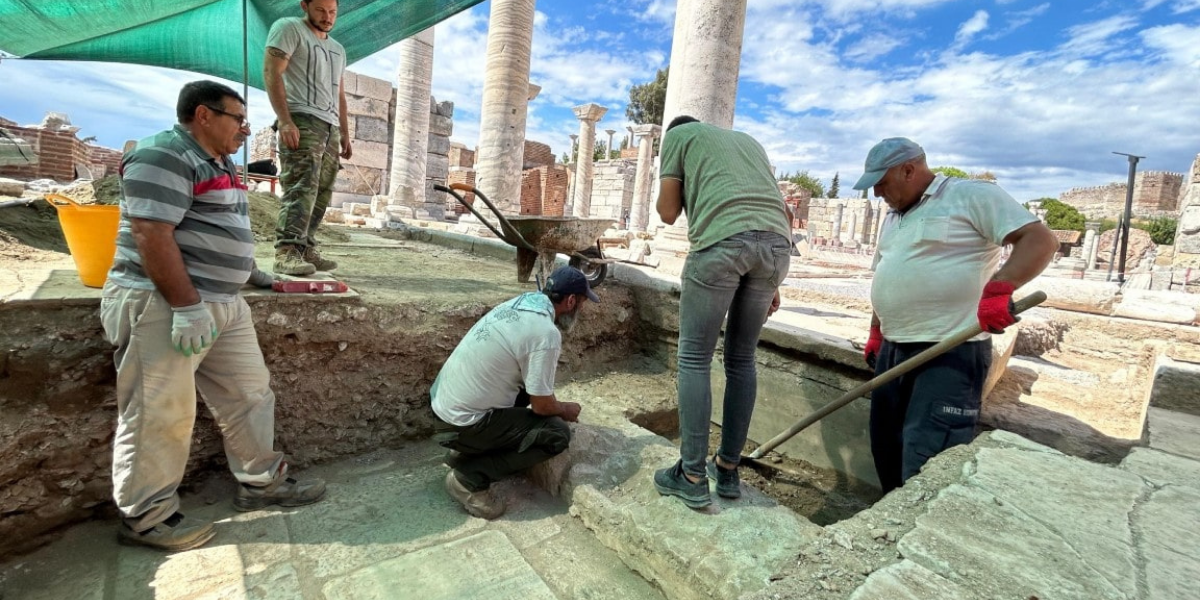
2300-year-old sarcophagus of Roman gladiator Euphrates discovered
During the excavations of Ayasuluk Tepe and St. Jean Monument in Selçuk district of Izmir, a sarcophagus, which is thought to belong to ‘Roman gladiator Euphrates’ in the 3rd century BC, was discovered. It was determined that the 2300-year-old sarcophagus was reused in the 5th century AD and 12 skeletons were placed inside. Ayasuluk Tepe
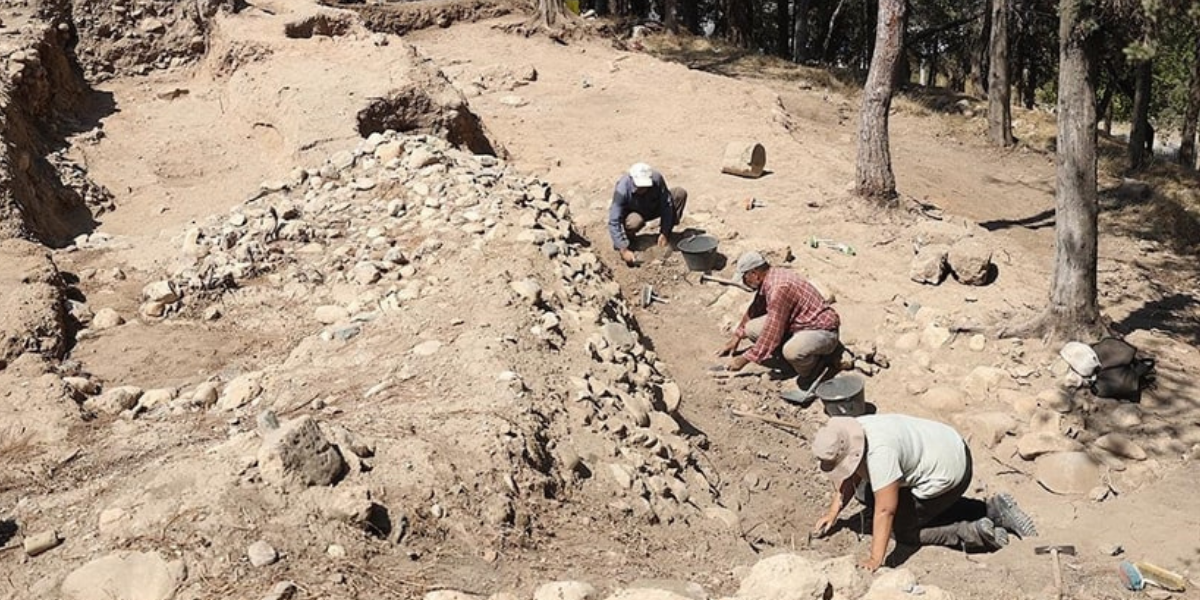
Archaeologists continue to work on the Hittite fortification structure at Yumuktepe Mound
Archaeologists continue to work on the Hittite-era fortification structure unearthed at the 9,000-year-old Yumuktepe Mound in Mersin province, Türkiye. The uninterrupted settlement from the Neolithic period to the present day makes Yumuktepe a “cradle of civilizations”. The fact that traces of the first castle-like structure in the world were found in the layer dated to
